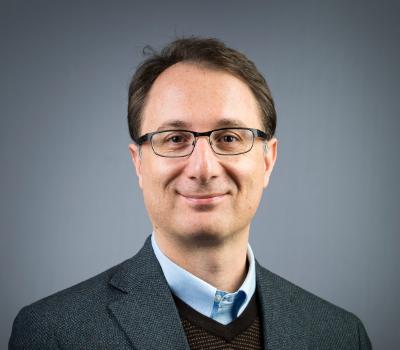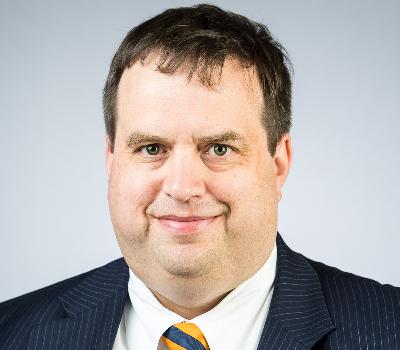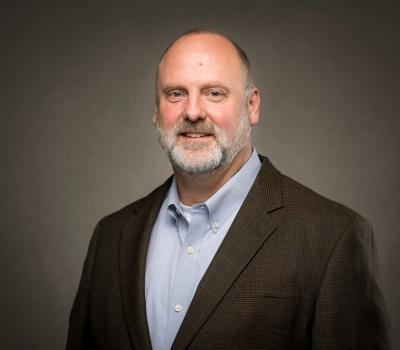Scope and Objectives
Graduate study in the Infrastructure Materials focus area at Oregon State University emphasizes the fundamental understanding of materials and property relationships, microstructural development and its impact on long-term performance, durability and sustainability of civil and construction engineering materials, principles of green construction and materials selection as well as rehabilitation, assessment and repair of infrastructure with a focus on materials aspects. Coursework provides fundamental theory as well as application to real-world engineering problems. Research opportunities abound and are supported in the suite of world-class Infrastructure Materials Laboratories. The M.S. and M.Eng. Programs prepare students for careers in consulting, design, development, state and federal positions, regulation, or construction. Additionally, the M.S. program provides the background for students wishing to further their career in academic or industrial research, teaching, or further specialization to pursue the Ph.D. degree.
Program of Study
- Master of Science (M.S.) or Master of Engineering (M.Eng.)
- The program of study for the M.S. and M.Eng. degrees consists of a minimum of 45 credit hours. If a minor is pursued, approximately two-thirds of the work must be in the major area and one-third in the minor area. For the M.S. degree, a student with major professor approval may elect a thesis or non-thesis (technical report) option; a maximum of 12 credit hours is allowed for the thesis and 6 for a non-thesis or project option. Students who are supported with a GTA or GRA position must produce a research thesis or project report. The M.Eng. degree requires coursework only; students pursuing the M.Eng. degree are generally not supported with GTA or GRA positions.
- Doctor of Philosophy (Ph.D.)
- The program of study for the Ph.D. requires 63 credits beyond the 45 credit hours required for an M..S or M.Eng. These consist of roughly 18 additional hours of coursework and approximately 45 hours of thesis credit. The exact hours must conform to the CCE and OSU Graduate School Curriculum requirements as well as guidance provided by the student’s committee. View the degree checklist and program of study information.
Entrance Requirements
Minimum entrance requirements (equivalent coursework to OSU Course Numbers listed):
- Calculus and differential equations: MTH 251, 252, 254, 256, and 306
- Statistics: ST 314
- Physics (with calculus): PH 211 and 212
- Civil and Construction Engineering Materials (CCE 321)
- Chemistry: CH 201
- Engineering Mechanics: ENGR 211 (statics), 212 (dynamics), and 213 (strength of materials)
- Structural Theory: CE 381, CE 382*
*recommended but not required
Available Courses
| Course | Credit Hours |
| CCE 522 – Green Building Materials | (3) |
| CCE 523 – Concrete Fundamentals | (4) |
| CCE 524 – Asphalt Fundamentals | (3) |
| CE 532 – Finite Element Analysis | (4) |
| CE 572 – In-situ and Lab Testing of Soils | (4) |
| CE 592 – Pavement Structures | (3) |
| CE 596 – Pavement Evaluation and Management | (3) |
| CCE 621 – Durability and Condition Assessment of Reinforced Concrete | (4) |
| CCE 623 – Corrosion of Metals and Corrosion Control | (4) |
| CCE 624 – Service Life Modeling of Infrastructure Materials | (4) |
|
CCE 520 – Selected Topics in Infrastructure Materials Topics include but are not limited to: Experimental Methods in Cement Chemistry, Advanced Concrete Construction, Internal Curing of Concrete |
(1-4) |
| MATS 555 – Experimental Techniques in Material Science | (4) |
| MATS 570 – Structure Property Relationships | (4) |
| MATS 581 – Thermodynamics of Solids | (4) |
| MATS 587 – Dislocations, Def, Creep | (4) |
| MATS 584 – Advanced Fracture and Fatigue of Materials | (4) |
| WSE 571 – Renewable Materials in Building Construction | (3) |
| WSE 521 – Wood Science I | (4) |
| WSE 522 – Wood Science II | (4) |
| WSE 561 – Manufacturing with Renewable materials I | (4) |
| WSE 562 – Manufacturing with Renewable materials II | (4) |
| WSE 553 – Global Trade in Renewable Materials | (3) |
| WSE 555 – Marketing and Innovation in Renewable Materials | (3) |
| WSE 530 – Polymer Composites | (3) |
| WSE 573 – Bio-energy and Environmental Impacts | |
| ST 511 – Methods of Data Analysis | (4) |
| ST 512 – Methods of Data Analysis | (4) |
| ST 515 – Design and Analysis of Planned Experiments | (3) |
Up to 15 hours can focus on minor area of interest (e.g., related to research activities), subject to approval by the student’s committee. These can be within CCE (e.g., structures, geotechnical, transportation, etc.) or outside of CCE (e.g., material science, geosciences, chemistry, wood science, etc.).
Additional related undergraduate courses
These undergraduate courses may be taken for no graduate credits to gain better understanding of renewable materials.
| Course | Credit Hours |
| WSE 210 – Renewable Materials Technology and Utilization | (4) |
| WSE 321 – Anatomy and Chemistry of Renewable Materials | (4) |
| WSE 322 – Physical and Mechanical Properties of Renewable Materials | (4) |
| WSE 324 – Renewable Materials Lab | (3) |
| WSE 390 – Global Issues in Renewable Materials | (3) |
Major professors can be found in these areas:
Infrastructure Materials Faculty
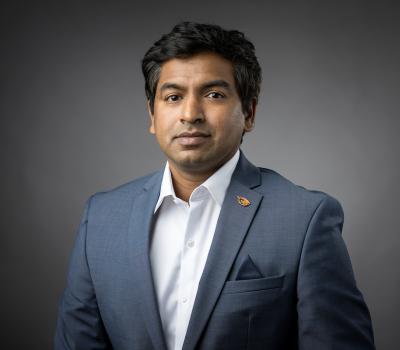
Pavan Akula
Assistant ProfessorMaterials Science Faculty
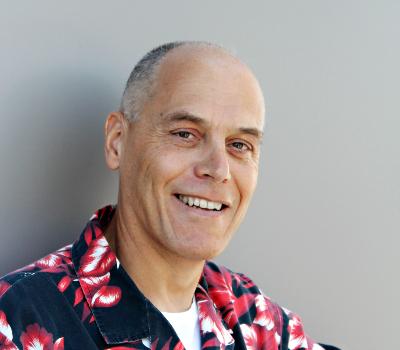
Roberto Albertani
Associate ProfessorRoberto.Albertani@oregonstate.edu
College of Engineering Next-Generation Materials & Devices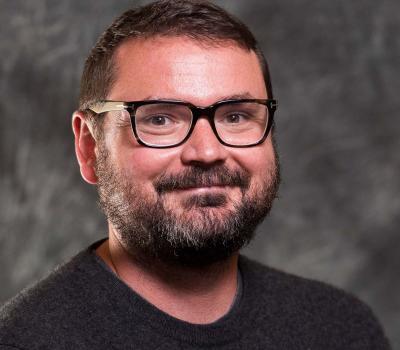
Joe Baio
Associate ProfessorChemical, Biological, and Environmental Engineering Materials and Catalysis | Health and Biotechnology
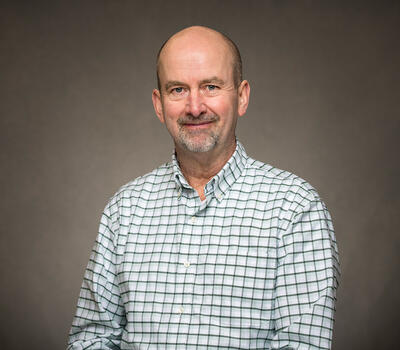
Shane Brown
Professor and Associate Head of Graduate AffairsCivil and Construction Engineering Transportation Research | Engineering Education
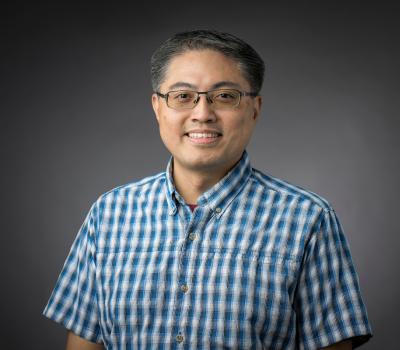
Larry Cheng
Associate ProfessorElectrical Engineering and Computer Science Electronic Materials and Devices | Health Engineering
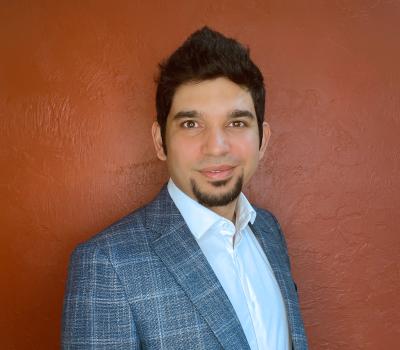
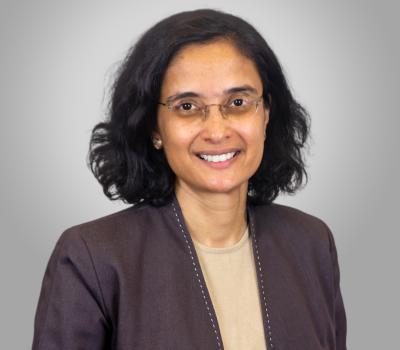
Pallavi Dhagat
ProfessorCollege of Engineering Dean's Professor Electrical Engineering and Computer Science Electronic Materials and Devices | Health Engineering
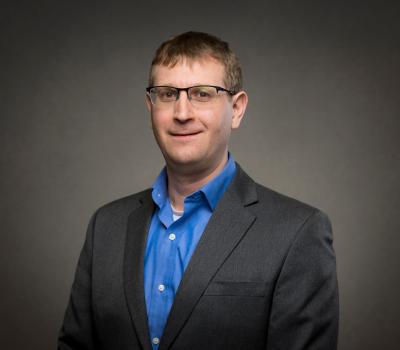

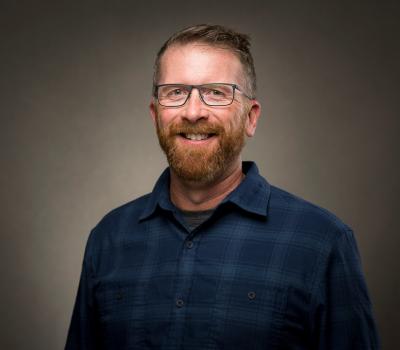
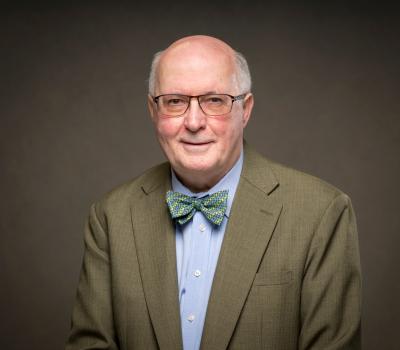
Goran Jovanovic
Professorgoran.jovanovic@oregonstate.edu
Chemical, Biological, and Environmental Engineering Materials and Catalysis | Computation and Simulation | Health and Biotechnology | Water and Environment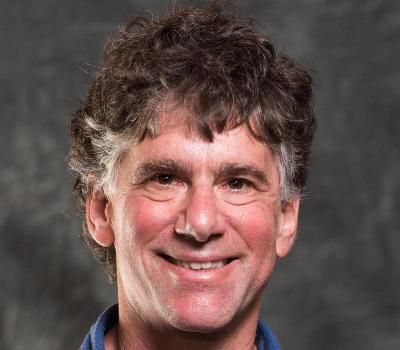
Milo Koretsky
Emeritus AppointmentChemical, Biological, and Environmental Engineering
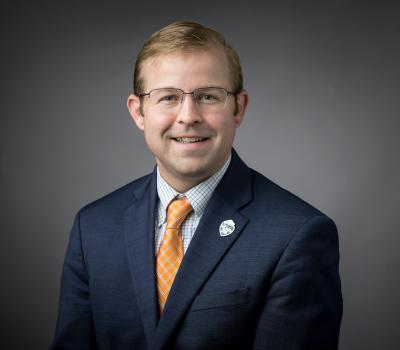
Wade Marcum
Senior Associate DeanHenry W. and Janice J. Schuette Professor in Nuclear Science and Engineering College of Engineering | Nuclear Science and Engineering
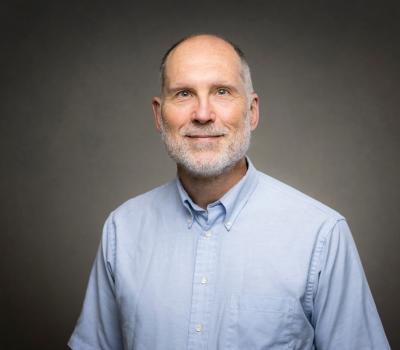
John Parmigiani, P.E. (OR, PA, WA)
Associate Professor-Senior Researcherjohn.parmigiani@oregonstate.edu
Mechanical, Industrial, and Manufacturing Engineering Next-Generation Materials & Devices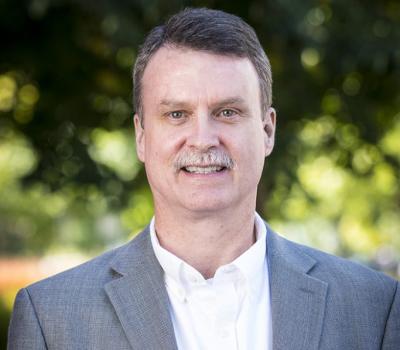
Brian Paul
Emeritus ProfessorMechanical, Industrial, and Manufacturing Engineering Advanced Manufacturing
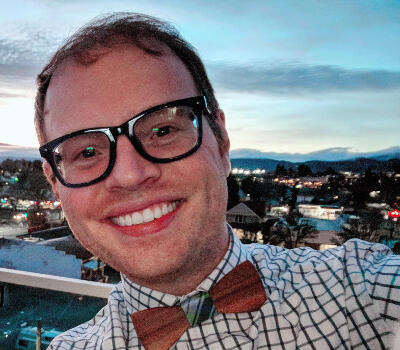
Cory Simon
Associate ProfessorChemical, Biological, and Environmental Engineering Materials and Catalysis | Computation and Simulation
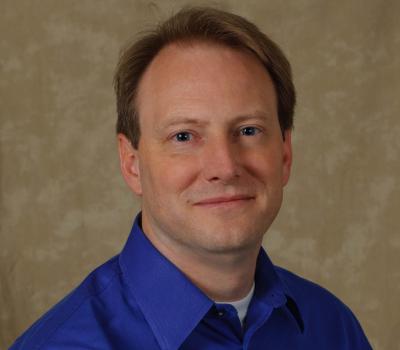
Graham Tewksbury
Associate Professor-Senior Researchergraham.tewksbury@oregonstate.edu
Mechanical, Industrial, and Manufacturing Engineering Next-Generation Materials & Devices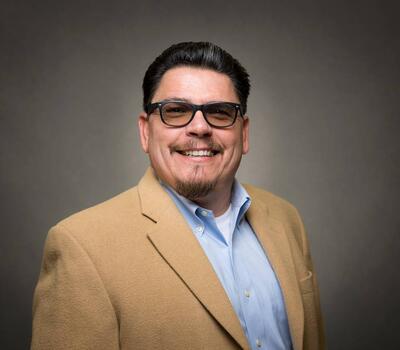
David Trejo
ProfessorHal Pritchett Chair in Construction Engineering Management Civil and Construction Engineering Infrastructure Materials | Construction Research
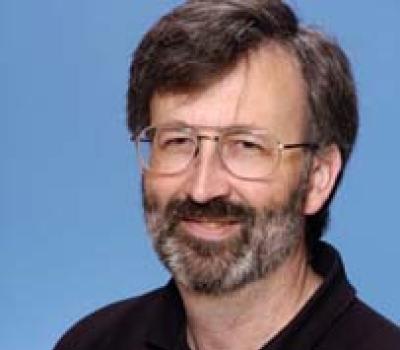
William Warnes
Emeritus AppointmentMechanical, Industrial, and Manufacturing Engineering
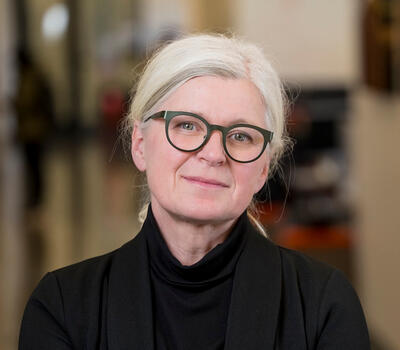
Dorthe Wildenschild
ProfessorDeVaan Chair and Executive Director for Clean Water Technology Chemical, Biological, and Environmental Engineering Water and Environment
